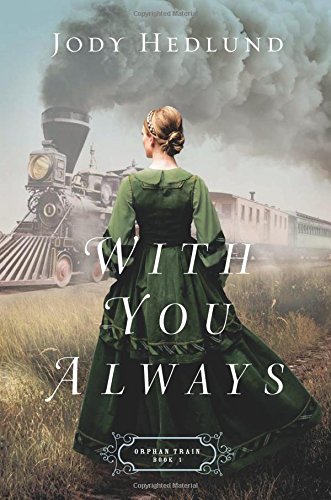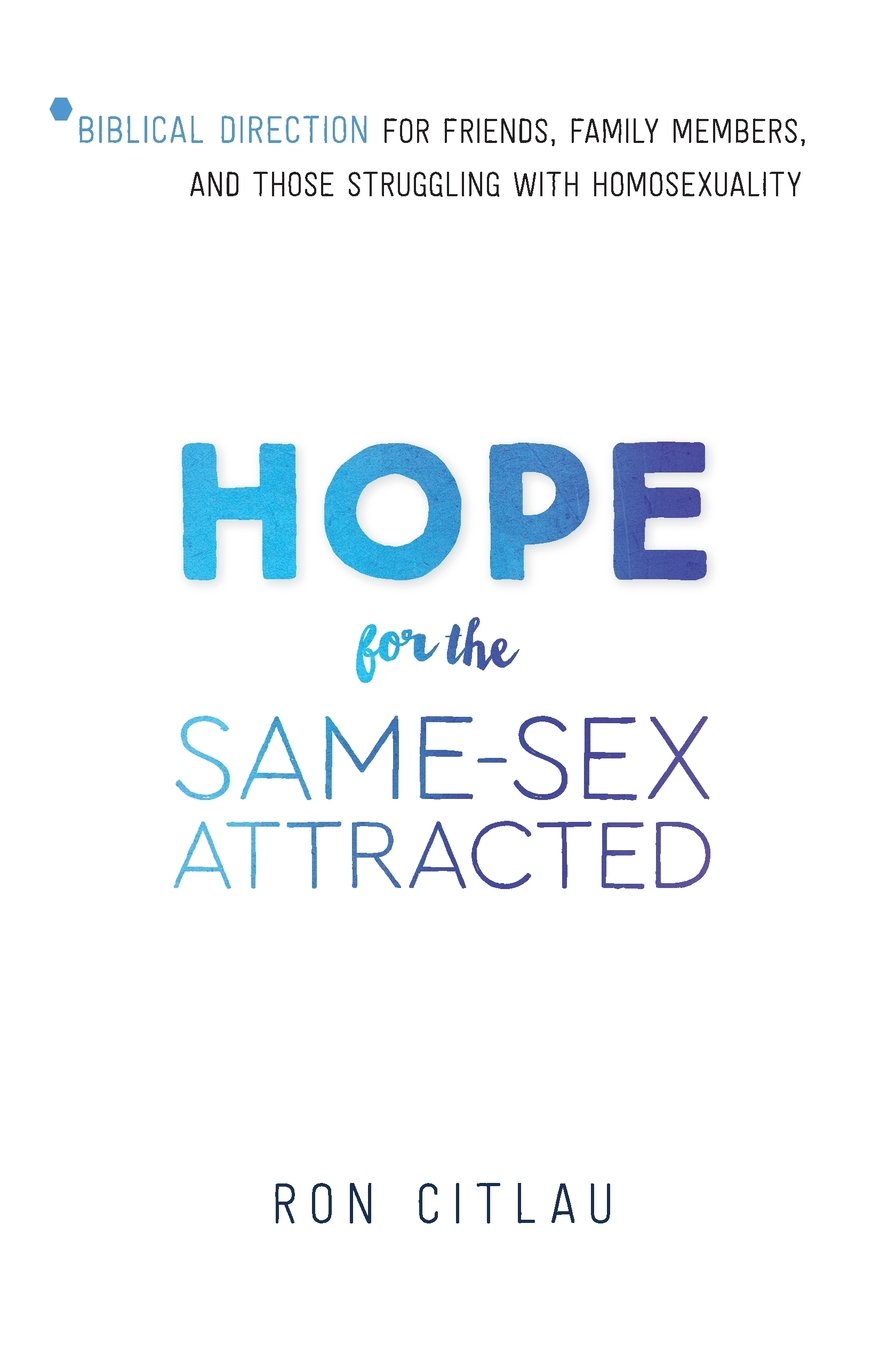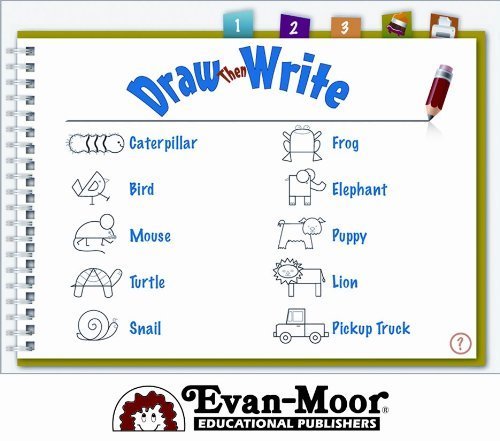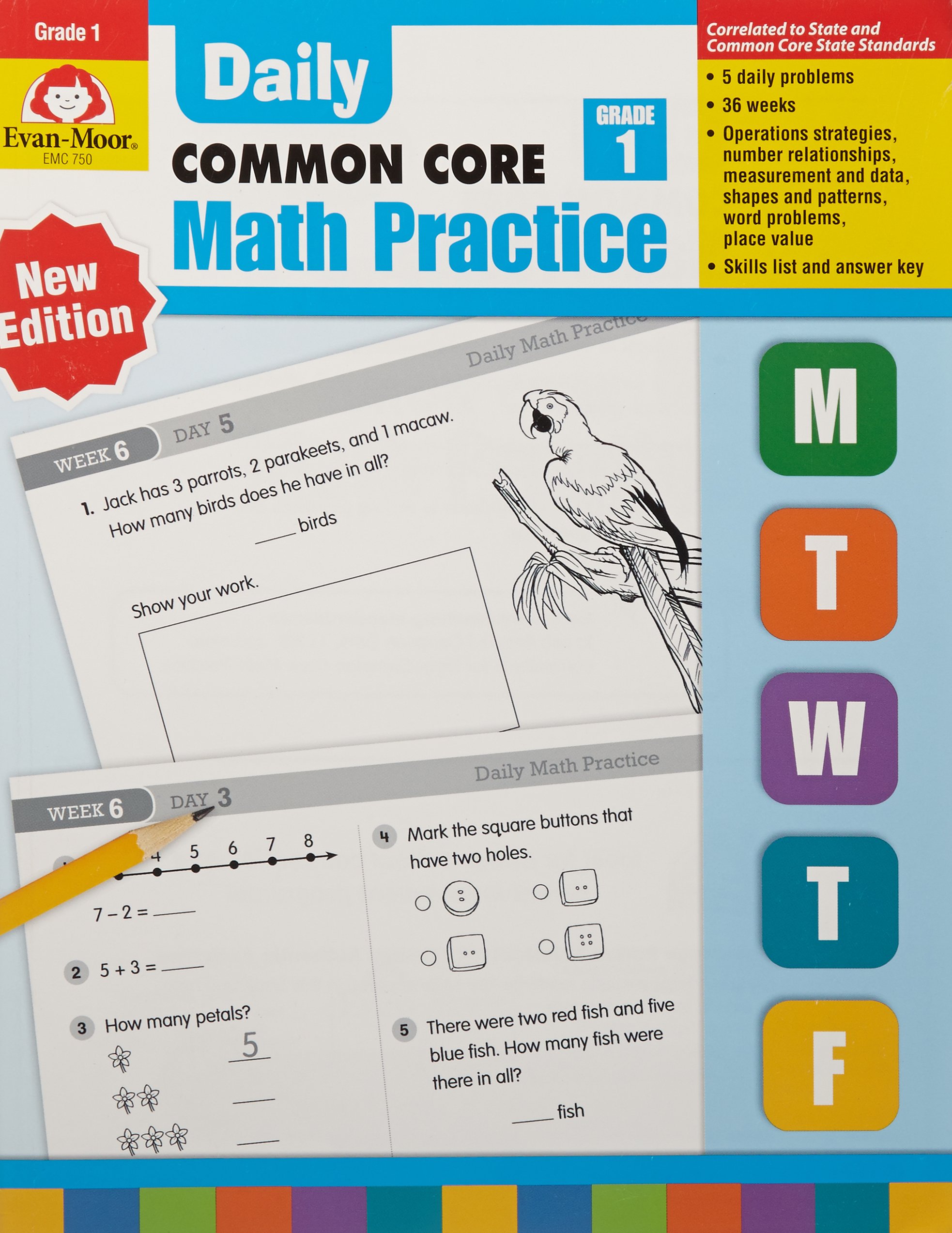In a former life, in what feels like a long, long time ago, I was a middle school teacher in two different public schools. It seems like a lifetime ago. I had earned a master's degree in education and fell in line with an educational philosophy similar to many of my colleagues. I was in a cohort of students that hoped to teach at urban schools--to help kids who were struggling learn. My educational philosophy was based upon theories of the likes of Lev Vygotsky and Jean Piaget about how children develop and learn.
But, when I entered the world of homeschooling, the phrase "educational philosophy" took on a different meaning. The greatest difference I found among homeschoolers was whether parents considered their philosophy to be in line with the likes of Charlotte Mason, Maria Montessori, classical education, or was standards based.
In a post a few months ago, I mentioned that I started out when my oldest daughter was in kindergarten subscribing to the educational philosophy outlined in Susan Wise Bauer's book,
The Well Trained Mind. This book sets forth how one can follow the classical model for education. The Classical model is based on teaching children according to three stages of development: grammar, logic, and then rhetoric. Trivium Pursuit gives a detailed explanation of what a Classical education is
Here. I think parents who see problems in the public schools and the tide turning away from phonics towards common core and whole language reading like the appeal of academics and a wholly new way of attacking the same problems. It strongly appeals to people who feel they were missing things in their own education as children, love the classics, see a huge value in learning Latin and Greek, and appreciate the promises it gives of a well rounded education for students if parents follow through. There are other books which outline this approach as well, including
Teaching the Trivium: Christian Homeschooling in a Classical Style by Harvey and Laurie Bluedorn. Teaching the Trivium differs from
The Well-Trained Mind in that the latter book is written from a secular perspective and the former is written from a Christian perspective.
After following the model of WTM for two years, I realized that it was not working for my daughter or me. We were both at our wit's end. Something needed to change. We moved away from the philosophy of WTM and back towards a standards based philosophy of education using public school textbooks as the foundation of our curriculum.
But, the classical model works for many families. I have watched this over years and listened to many parents who love what their children are learning. So, how do you figure out how to follow this model? There are a lot of great resources out there.
Many families I know have joined Classical Conversations groups. The founder of this network of groups is Leigh Borten. I do want to note that her ideas are very intellectually similar to the ideas of Lev Vygotsky. Another way to follow the classical method is by using the
WTM as a guide or
Teaching the Trivium. Leigh Borten's book and Douglas Wilson's book
Recovering the Lost Tools of Learning both argue why classical education is the best way to argue education. Wilson, in his typical style, is of course very inflammatory. Borten is more moderate and balanced, though. Even though she plagiarizes other educational theorists' ideas, her book is easy to read and understand. Her book, The Core, is easy to understand and clear (although she plagiarizes other educational theorists). If I were to recommend one book to explain the classical method, this would probably be it. Although, I recently spoke to a friend who wouldn't recommend this book. After being a part of a classical conversations group for several years and being a tutor, she felt that it isn't a program that works for all students, although it presents itself as one that does. She also explained that Borten's ideas are based upon Douglas Wilson's ideas, which gave me concern.
Teaching the Trivium takes a very specific approach to classical education and it's the right book for the right person--just as the other books are the right books for the right people. As homeschoolers, we all find books that will encourage us. But, no book will have all of the answers. They can give us ideas, but since all of our families are different, we have to take the ideas that have worked for other families and consider how they will work for us. Teaching the Trivium is written from a strong Christian perspective and the belief that all families should homeschool. I did correspond with the author about her book and she expressed that if they could publish a second edition that there are changes they would make to the book. I would keep that in mind and just like you would read any book--read it looking for ideas about what might work for you. Sometimes even an opposite idea can help you figure out what you believe about homeschooling.
The Well-Trained Mind, like Classical Conversations relies heavily on curriculum from the authors as the foundation of their programs. It has a very specific tone... It is a very helpful book, but I think it is important to keep in mind that you are not "right" if you follow the author's advice, and "wrong" if you don't. Rather, it is one approach to education and if you find that you align with the ideas set forth in the book, then it will give you a framework of how one can implement classical education in your home.
Many homeschooling parents love the classical model and there are many other classical publishers out there including Veritas Press and Memoria Press. But, I think if I could wish one thing for homeschoolers in regard to classical education, it would be that we would all show one another respect--whether we do or don't agree with this model. I truly believe that there is no one "right way" to homeschool in regards to educational philosophy.
Please note that I received a complimentary copy of
Teaching the Trivium for review from the publisher. But, the thoughts in this post are all my own. I borrowed a copy of
the Core, checked out a copy of Douglas Wilson's book from the library years ago, and owned a copy of
The Well-Trained Mind when my oldest daughter was in kindergarten years ago.
 Out of the Ordinary is the second novel (after a novella and novel) of her Apart from the Crowd Series. It tells the story of Miss Gertrude Cadwalader and Harrison Sinclair. They have quite the names, of course! Ms. Turano's main characters are always quite likeable and fun to read about. Gertrude is a companion to a very eccentric woman who is quite the thief! Her escapades were touched upon in the first book, Behind the Scenes. As the reader, Gertrude's character will draw you in and make you smile. This story meanders around until it finally arrives at a happy finish. The writing is descriptive and keeps things moving along. There are the good characters and the bad ones who produce the conflict at the heart of the story.
Out of the Ordinary is the second novel (after a novella and novel) of her Apart from the Crowd Series. It tells the story of Miss Gertrude Cadwalader and Harrison Sinclair. They have quite the names, of course! Ms. Turano's main characters are always quite likeable and fun to read about. Gertrude is a companion to a very eccentric woman who is quite the thief! Her escapades were touched upon in the first book, Behind the Scenes. As the reader, Gertrude's character will draw you in and make you smile. This story meanders around until it finally arrives at a happy finish. The writing is descriptive and keeps things moving along. There are the good characters and the bad ones who produce the conflict at the heart of the story.

















